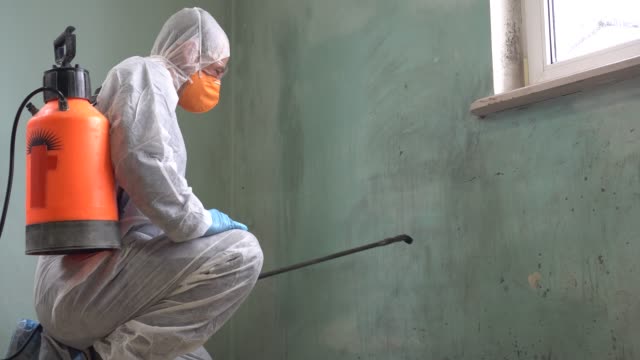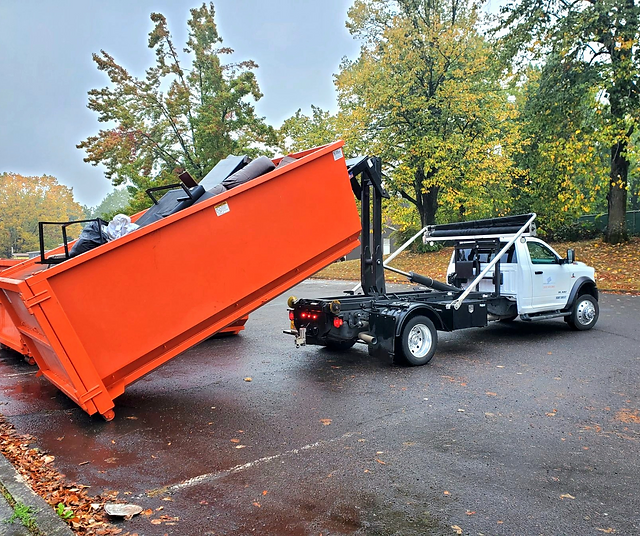Yes, there are several different types of Mold Testing Service Conroe TX, each with its own advantages, limitations, and applications. Mold testing is essential for assessing indoor air quality, identifying mold contamination, and determining the appropriate remediation measures to ensure a safe and healthy indoor environment.

In this comprehensive guide, we’ll explore the various types of mold testing available in Conroe, shedding light on their methodologies, benefits, and considerations to help you make informed decisions about protecting your property and the health of its occupants.
1. Air Sampling
Air sampling is one of the most common and widely used methods of mold testing in Conroe. It involves collecting air samples from indoor environments to assess the concentration of mold spores present in the air. Air sampling can help identify the types of mold spores present, quantify their concentrations, and evaluate indoor air quality. There are two primary methods of air sampling:
- Spore Trap Sampling: Spore trap samplers collect airborne mold spores onto a sticky surface as air passes through the device. The collected spores are then analyzed under a microscope to identify the types of mold present and assess their concentrations. Spore trap sampling is suitable for general mold screening and can provide valuable insights into indoor air quality.
- Impaction Sampling: Impaction samplers use a rotating arm or pump to impact air onto a growth medium, such as agar plates or petri dishes, where mold spores can grow and be counted. Impaction sampling is often used to assess fungal contamination in specific areas or to monitor indoor air quality over time.
2. Surface Sampling
Surface sampling involves collecting samples from surfaces suspected of mold growth to assess the extent of contamination and identify the types of mold present. Surface sampling methods may include:
- Swab Sampling: Swab sampling involves swabbing suspected mold growth areas with a sterile cotton swab or sponge to collect mold spores for analysis. Swab samples are typically analyzed under a microscope to identify the types of mold present and assess their concentrations.
- Tape Lift Sampling: Tape lift sampling uses adhesive tape to collect mold spores from surfaces such as walls, ceilings, or flooring. The tape is pressed onto the surface and then transferred to a microscope slide for analysis. Tape lift sampling is useful for assessing mold contamination on smooth or non-porous surfaces.
- Bulk Sampling: Bulk sampling involves collecting samples of materials suspected of mold growth, such as drywall, insulation, or carpeting, for laboratory analysis. Bulk samples are typically analyzed for mold presence and species identification, as well as for moisture content and other factors that may contribute to mold growth.
3. Moisture Mapping
Moisture mapping is a diagnostic technique used to identify areas of excess moisture or water intrusion that can contribute to mold growth. It involves using moisture meters, infrared cameras, or thermal imaging equipment to detect elevated moisture levels in building materials such as drywall, wood, or insulation. By mapping moisture sources, property owners can pinpoint areas of concern and take corrective action to prevent mold growth and mitigate water damage.
4. Visual Inspection
Visual inspection is an essential component of mold testing in Conroe, as it allows certified inspectors to identify signs of mold growth, water damage, or moisture issues in indoor environments. During a visual inspection, inspectors examine walls, ceilings, floors, HVAC systems, plumbing fixtures, and other areas for visible mold growth, staining, discoloration, or other indicators of mold contamination. Visual inspection provides valuable insights into the condition of the property and helps guide the selection of appropriate testing methods and remediation strategies.
5. Odor Testing
Odor testing involves assessing indoor air quality based on the presence of musty or unpleasant odors associated with mold contamination. While odor testing alone cannot confirm the presence of mold, it can serve as an indicator of potential mold issues that warrant further investigation. Certified inspectors may use olfactory assessments or electronic odor detection devices to identify musty odors and assess their source. Odor testing is often used in conjunction with other testing methods to provide a comprehensive assessment of indoor air quality.
6. Real-Time Monitoring
Real-time monitoring involves continuous monitoring of indoor air quality parameters, such as temperature, humidity, carbon dioxide levels, and volatile organic compounds (VOCs), to assess the presence of mold and other indoor pollutants. Real-time monitoring devices, such as data loggers or indoor air quality monitors, can provide real-time data on environmental conditions and alert property owners to potential mold growth or air quality issues. Real-time monitoring is particularly useful for ongoing monitoring of indoor environments and for identifying trends or fluctuations in air quality over time.
7. Culturable Sampling
Culturable sampling involves collecting samples of mold spores from indoor environments and culturing them on agar plates or other growth media to identify the types of mold present and assess their viability. Culturable sampling can provide valuable information about the types and concentrations of mold spores present, as well as their potential to cause health effects. However, culturable sampling may underestimate mold concentrations and fail to detect certain types of mold that do not readily grow on standard culture media.
Considerations for Mold Testing in Conroe
When selecting a mold testing method in Conroe, it’s essential to consider several factors, including the specific goals of testing, the suspected sources of mold contamination, the size and layout of the property, and the expertise and qualifications of the testing professionals. Working with a certified mold inspector or testing laboratory ensures that testing methods are selected and implemented correctly and that accurate and reliable results are obtained. Additionally, property owners should be aware of the limitations of each testing method and the potential for false positives or false negatives, which may require follow-up testing or investigation.
In conclusion, there are several different types of Mold Testing Service Conroe TX, each with its own strengths and applications. Whether you’re assessing indoor air quality, identifying mold contamination, or monitoring environmental conditions, selecting the appropriate testing method is essential for ensuring accurate and reliable results. By understanding the various testing methods and their considerations, property owners can make informed decisions about protecting their property and the health of its occupants from the harmful effects of mold contamination.
Conroe’s Best Mold Testing & Inspection
11610 Stidham Rd, Conroe, TX 77302, United States
1-936-249-1631

